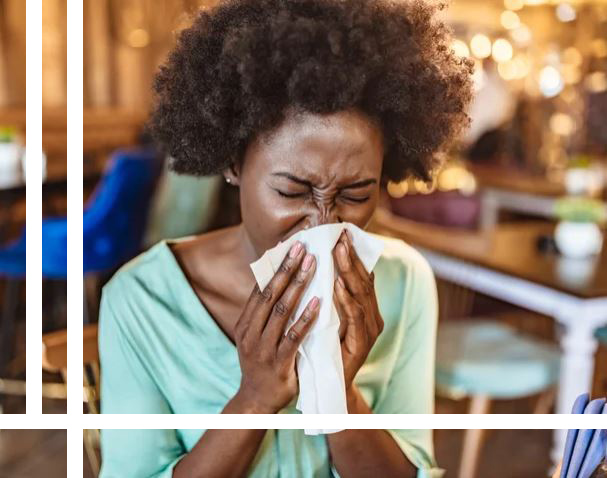
to the Summer Wave
As summer arrives, many countries worldwide are experiencing a noticeable rise in COVID-19 cases, contrary to expectations that the virus would decline with warmer temperatures. This unexpected trend has raised many questions about the reasons behind this summer wave and how to respond effectively.Summer COVID Surge
Analyzing the Causes of the Summer Spike
1. Emergence of New Variants
A key factor driving this increase is the appearance of new, more contagious variants. The virus has evolved to become more resistant to antibodies from prior vaccinations or infections.Summer COVID Surge
2. Decline in Preventive Measures
With most countries lifting restrictions, fewer people are wearing masks or practicing social distancing—creating ideal conditions for the virus to spread, especially at summer gatherings.
3. Waning Immunity Over Time
Studies show that immunity from vaccines or previous infections weakens after several months, leaving many vulnerable to reinfection.Summer COVID Surge
Dominant Symptoms in the Current Wave
Symptoms in this wave differ slightly from previous ones and commonly include:
- Severe sore throat
- Runny nose
- Persistent headache
- Continuous cough
- General fatigue
- Fever in some cases
High-Risk Groups
While most current cases are mild, certain groups remain at higher risk:
- Seniors over 65
- People with chronic illnesses
- Immunocompromised individuals
- Pregnant women
- Unvaccinated or partially vaccinated individuals
Recommended Preventive Measures
1. Booster Vaccinations
Health officials recommend booster shots, especially for high-risk groups, as data shows they reduce the likelihood of severe illness.
2. Resuming Precautions in Crowded Areas
Mask-wearing is advised in:
- Public transportation
- Hospitals and clinics
- Crowded indoor spaces
3. Improving Ventilation
Opening windows and using exhaust fans helps reduce viral concentration indoors.
4. Testing and Self-Isolation
If symptoms appear, testing and self-isolation can prevent further spread.
Impact on Healthcare Systems
Although case numbers haven’t reached previous peak levels, hospitals are facing:
- Increased emergency room visits
- Added strain on healthcare workers
- Postponement of some non-urgent surgeries
Tips for Safe Summer Travel
For those planning summer trips, experts suggest:
- Updating vaccinations before traveling
- Carrying extra masks
- Choosing well-ventilated accommodations
- Avoiding crowded places when possible
- Ensuring comprehensive health insurance
The Future of the Pandemic: Expert Warnings
Experts warn that COVID-19 may continue in intermittent waves and recommend:
- Strengthening disease surveillance systems
- Accelerating development of variant-specific vaccines
- Investing in antiviral drug research
- Ongoing public awareness about vaccination
Final Takeaways
The current summer wave reminds us that the pandemic isn’t over yet. The focus should remain on protecting vulnerable groups while maintaining as much normalcy as possible. Individual awareness and community responsibility remain our best tools in navigating future challenges.

[…] microphones to analyze bee […]